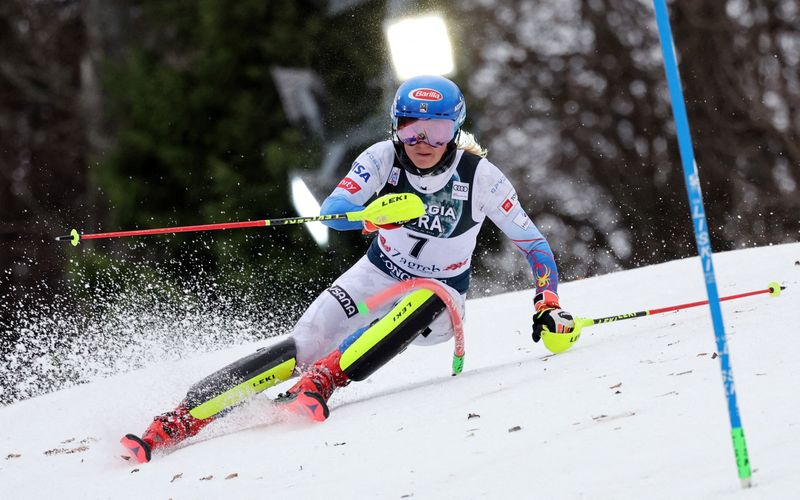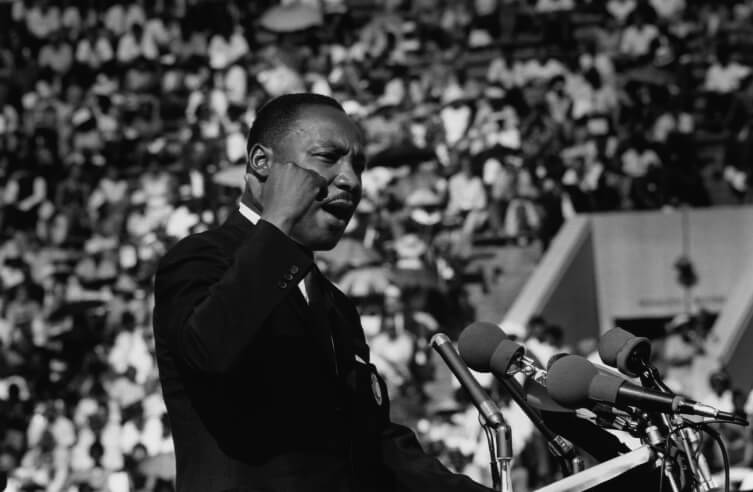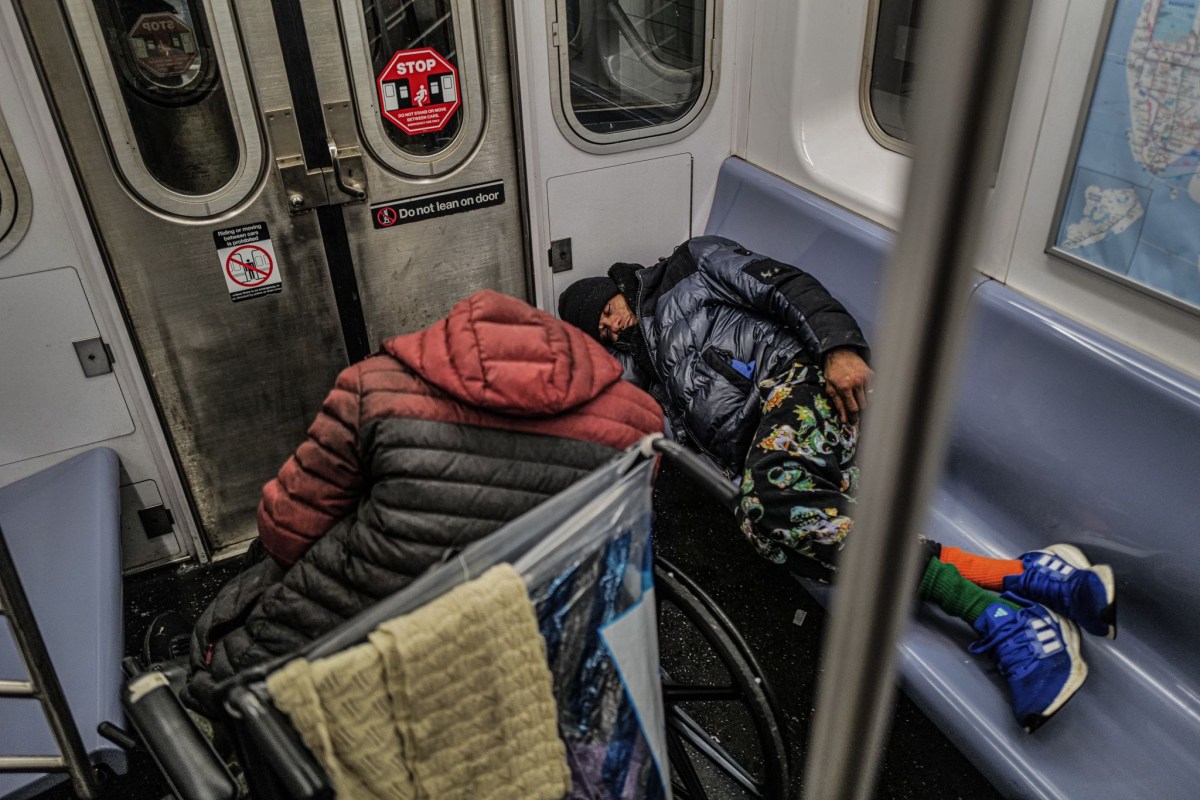(Reuters) – When the stars of Alpine skiing such as American Mikaela Shiffrin arrive in China’s Yanquing mountain area for the Winter Olympics there will be one question on their minds — ‘What kind of course will we be competing on?’
Twice Olympic champion Shiffrin and Marco Odermatt of Switzerland, the overall leader in the men’s World Cup, know where their competition will come from but have little clue about what kind of racing to expect.
None of the world’s finest competitors have ever seen, let alone raced, on the track, so there is an unprecedented lack of information for skiers, coaches and ski technicians about the course which will hold 13 straight days of intense competition.
The track has never been used for World Cup races and the COVID-19 pandemic meant that planned test events last year had to be cancelled with the only competition held on the course being minor events with a handful of Chinese skiers.
That means when the course is opened for practice on Feb. 3, three days before medal events begin with the men’s downhill, there will be a scramble to process the information gained and incorporate the data into ski set-ups and tactical plans.
The course has been designed by the experienced Swiss Bernhard Russi, gold medallist in downhill at Sapporo in 1972, and will be covered entirely with artificial snow.
“Everybody thought Beijing is flat and Beijing has no mountains and that’s not true. It has really everything,” Russi told Reuters.
“It has steep parts, long turns, quick turns, it has some speed sections and for me personally I like that we have three, four real big, big jumps.”
Racers have been studying video and photographic images to get a clue as to what awaits them but ultimately know that the only trustworthy data will come from the practice runs.
STAY CALM
“You have to stay calm because nobody knows and it’s the same for everybody,” says Austrian downhill racer Ramona Siebenhofer.
“When you get information, you’re not even sure if it’s true because you just don’t know.”
So some surprises can be expected at a Games which will rewards those able to adjust on the fly and adapt their racing to the conditions.
All eyes will be on 26-year-old Shiffrin, who has suggested that she may compete in all events, having branched out from her early years as a slalom skier.
She faces a strong challenge from Slovak Petra Vlahova, the current World Cup slalom leader.
Italy’s Sofia Goggia, the defending downhill champion, is favourite to retain her title but could face a real challenge from compatriot Federica Brignone in the Super-G while American Breezy Johnson has hopes in the downhill.
The races kick off with the men’s downhill where there is no clear favourite with Pyeongchang 2018 winner Aksel Lund Svindal now retired.
Italy’s Dominik Paris leads the World Cup standings while Sochi 2014 winner Matthias Mayer of Austria, who also won Super-G in 2018, should be a strong contender along with Norway’s Aleksander Aamodt Kilde, the winner this month at Wengen.
Odermatt has looked strong in giant slalom and Super-G but like all his rivals he will be waiting anxiously to find out just what awaits on the slopes of Yanquing.
(Reporting by Simon Evans; Editing by Ken Ferris)



















